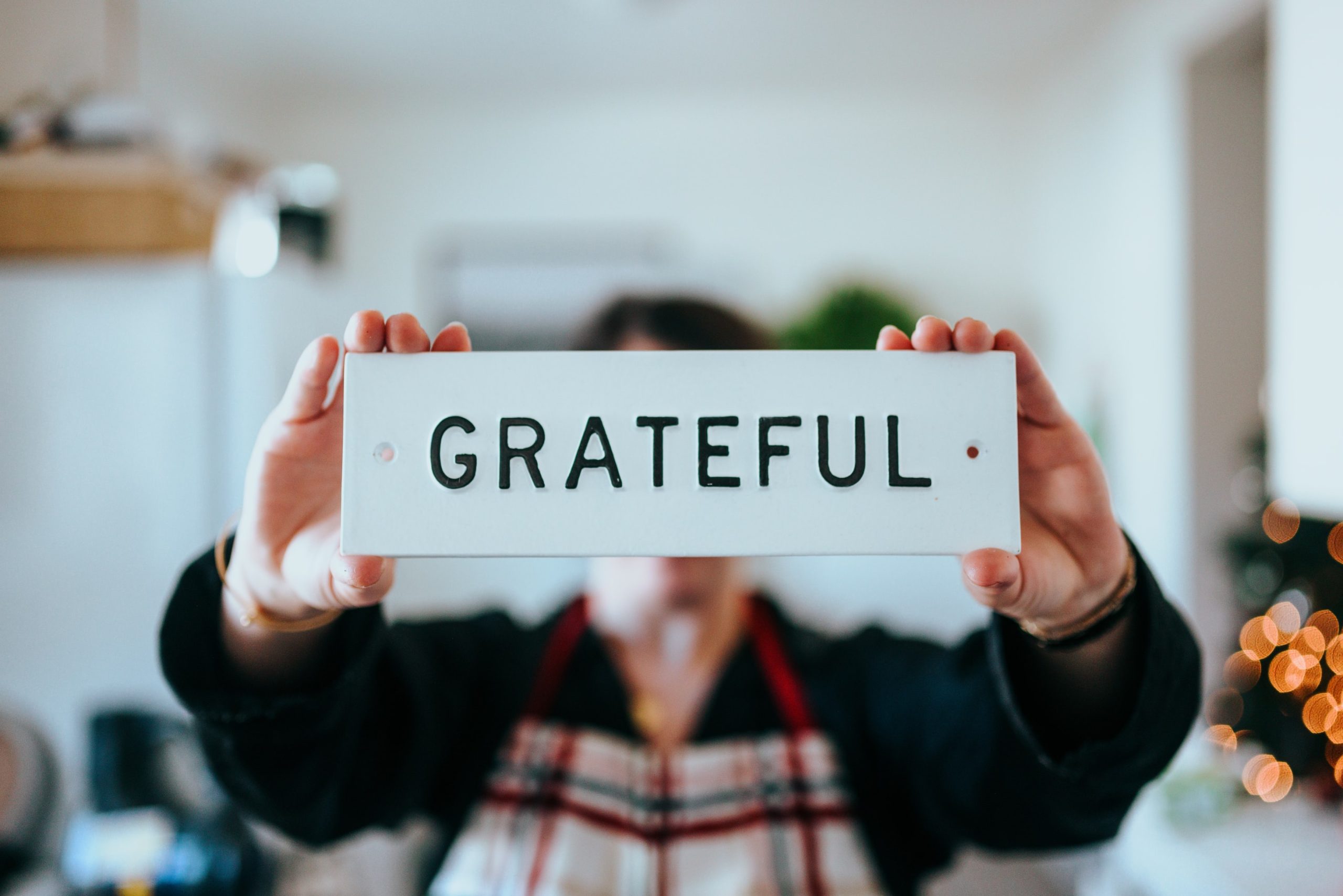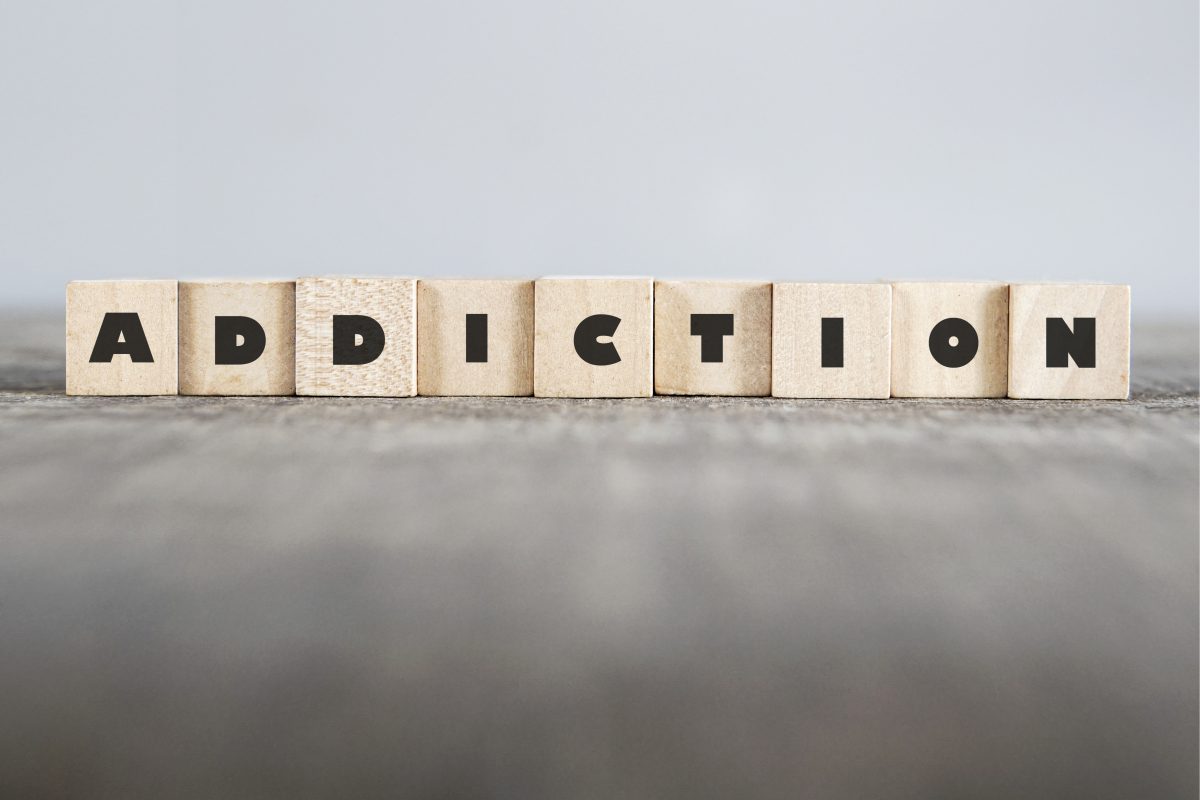On the 12th May Simon Steven Stephens did an interview with BBC Radio Tees about lockdown and if it did increase unhealthy drinking habits in people. Below is the interviews transcript.
Transcript
Speaker 1 (00:00):
I passed state already. The number of alcohol related deaths across the North East has reached a record high. We’ve got talk about this. And the last hour of the show, uh, figures from the office for national statistics, show 521 people died. It’s the highest number since records started back in 2013, that is a staggering 20% rise since 2019 and figures have been steadily rising since 2017. So even a couple of years before that comes during a year that saw three lockdowns due to the pandemic. We can speak to somebody who’s got experience of depending on alcohol. Um, Simon Stephens is now the director of caseworker Addictions UK They’ve got branches across our region. Hello, Simon.
Speaker 2 (00:41):
Good morning.
Speaker 1 (00:43):
Nice to speak to you. And can, can I get your reaction, first of all, to the latest figures, what do you make of them? Are you surprised by them? .
Speaker 2(00:49):
No, I’m not surprised. Alcohol as long been recognised as one of the most problematic of all the drugs that are available. When we talk of drugs, we tend to think of heroin or crack or, uh, all the various other medications, but it’s alcohol. That’s the real killer oh there was cigarettes of course. Yeah.
Speaker 1 (01:09):
Can you share a bit of your story with us if you don’t mind Simon, how much time would you relied on drink?
Speaker 2 (01:13):
Initially began with so many people do a bit of a, um, to help me socialise. I always found it difficult to socialise. So it seems to be a bit magic there. I could kind of join in with things I began to realise it’s helped me sleep at the end of the day. It just generally seemed to be a coping mechanism that, uh, I remember thinking where have you been all my life, but the more and more dependent you become at the other end of the story is, uh, coming to, I won’t say waking up, I’ll say coming to failing a black, desperate despair just wanting to drink as much as possible, as rapidly as possible to render unconsciousness. Again, you could consider it as a mini death.
Speaker 1 (02:00):
Did you feel, uh, a lot of the time that you were just existing and not living?
Speaker 2 (02:04):
Absolutely, Groundhog day was the absolute description. It was prior to the bit that the end, described that when, you know, when will you find time to drink, where will you find the money? How do you get rid of it’s all about drinking, even if you’re not actually drinking, it was obsessional thinking about drinking. I can cope with this because I’m going to have a drink in a couple of hours or whatever.
Speaker 1 (02:26):
What was the turning point for you? Was it a light switch moment or far from it? Did it take a long time for you to realise the impact? It was having?
Speaker 2 (02:33):
I think the turning point came as I’ve described that out so that despair and desperation vessel story was, I was invited to go to a meeting. I really didn’t think he was gonna do anything. Uh, but people were nagging me. So I thought, well, I’ll go to this meeting. I’ll just come back. And so there were a bunch of nutters . You don’t want me hanging out with them. But in fact, I suddenly realised that that meeting, I wasn’t the only one with these issues, uh, that, so I got a sense of hope because other people clearly were experiencing the world the way I did. Uh, I won’t go into so much, as I thought there was a way of living life, being comfortable, indeed being happy, and it didn’t have to involve alcohol.
Speaker 1 (03:13):
So on that note, how difficult, because you’ve been there, you’ve lived it thankfully lived through it. How difficult is it for people with an addiction to alcohol to admit they’ve got that problem. And then look for that help. You were invited to that meeting.
Speaker 2 (03:24):
It is difficult because most people don’t respond that way. Uh, 8 out of 10 people can have a drink and put it down to various biological reasons that we haven’t got time to go in. So two out of 10 people, once they have one drink, we’ll gradually find that lot turns into losing control over whether they have the next drink or not. And you can quickly build up a tolerance to drink quite large amounts of alcohol, but this is why the dependency comes in
Speaker 1 (03:52):
Do you worry Simon about the impact that, you know, the lockdowns have had as well, because we’re speaking on the show, um, to, our guests in the last hour, we effectively said, actually, I’m not convinced that the lockdown has had a major impact people. Um, you know, were drinking heavily before the lockdown. And it’s that realisation that, you know, we need the services open back across our region to help people,
Speaker 2 (04:12):
Horses for courses, different people will have responded in different ways. I remember when I was drinking anything that justified more drinking was welcomed with open arms. So some people locked down that would have been an absolute, the fact that it’s okay to drink more
Speaker 1 (04:27):
And what can we do to help and stop people dying in this way then?
Speaker 2 (04:30):
I think it is providing a services, different services for different people. Not everything works with the same thing does not work for everybody. For some people, it may be a meetings for other people, group therapies, such as small individual therapies, um, are important as well for yet. Other people recognising that not everybody drinks for the same reason. Some it’s to suppress emotional content other is because it’s a cultural norm to drink. Adelaide.
Speaker 1 (04:58):
And hows life for you now Simon?
Speaker 2 (05:01):
Life is very much improved, but I do have to pay attention to the fact that if I pick up one drink, this is just my personal story. If I pick up one drink, it will inevitably lead to another and another. And I could very quickly be back to those days I described earlier.
Speaker 1 (05:17):
How long have you been drinking free.
Speaker 2 (05:18):
Since the turn of the century. That makes me sound very old. Well, 20 years, to be honest.
Speaker 1 (05:24):
Okay. And, uh, it’s amazing what you do. Thank you so much for coming on Simon. Thank you, Simon Stephens. Now the director of casework at Addictions UK, with that branches in our region just 20 years without a drink as well, and a vast improvement to his life. Good on him.


